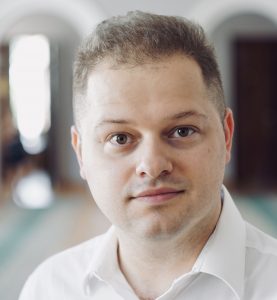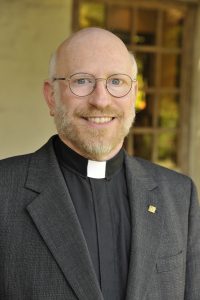Fratelli tutti: A Series of Reflections
 Dmytro Vovk, Director of the Center for the Rule of Law and Religion Studies at Yaroslav Mudryi National Law University and co-editor of Talk About: Law and Religion
Dmytro Vovk, Director of the Center for the Rule of Law and Religion Studies at Yaroslav Mudryi National Law University and co-editor of Talk About: Law and Religion
In October 2020, Fratelli tutti, Pope Francis’s new encyclical was released. This 287-paragraph document provides a Catholic perspective on a variety of questions from human dignity and political integration from the lack of public trust and peacemaking to the death penalty and fake news. Talk About: Law and Religion posts a series of theological and philosophical reflections on Fratelli tutti.


